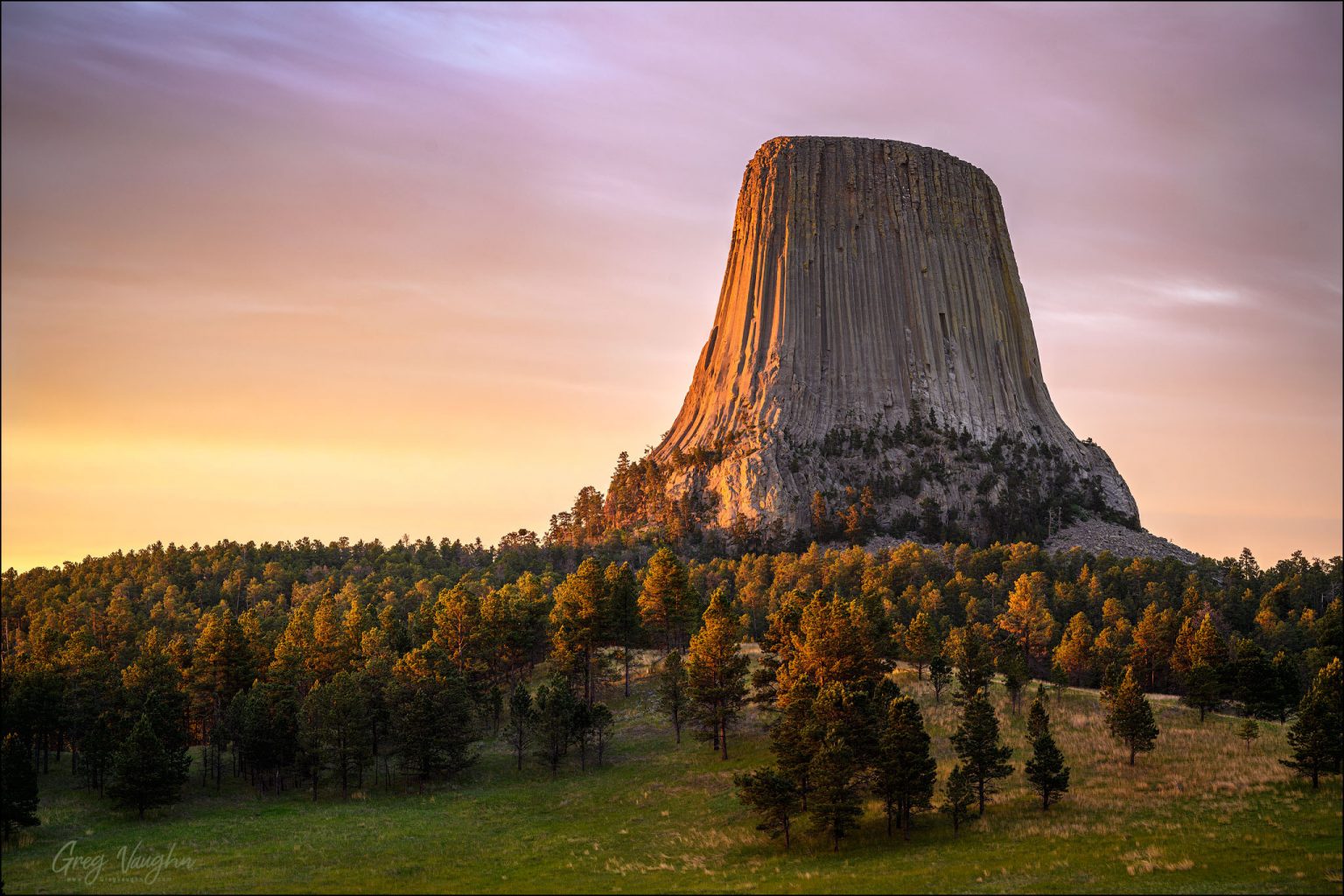WyoTCH Hub

Project Overview
Title: Project WyoTCH: Developing a Roadmap for a Sustainable Carbon Hub
Project WyoTCH—the Wyoming Trails Carbon Hub (WyoTCH, pronounced “Watch”)—will develop a carbon management Roadmap for Wyoming focused on the concept of “No Carbon Left Behind” (no stranded CO2, now or in the future). The Roadmap will serve as a blueprint or set of lessons learned for how other development teams can form open-access carbon hubs across the nation to help meet the Nation’s climate and energy goals.
Project WyoTCH hub aims to develop multiple pathways to capture, transport, and store tens of millions of tonnes of CO2 a year (10s MtCO2/yr) in Phase I from a diverse range of facilities across Wyoming. Ultimately, the Roadmap supports Wyoming becoming the world’s largest carbon management hub.
Project WyoTCH will also be the first carbon hub focused on and committed to working with Tribal governments, communities, and organizations. This includes working with the Wind River Indian Reservation to develop carbon storage on Reservation Lands. The project will develop a seed workforce development program for Tribal communities, with the goal of developing the workforce to help construct and operate Project WyoTCH, including working with the Wind River Tribal College, the High Plains American Indian Research Institute, and the Little Big Horn College. The project will also work with organizations, including the Northern Arapaho Tribal Historic Preservation Office to develop a truly sustainable carbon hub. This includes, for example, committing to Protect, Preserve, Conserve, Promote & Manage Traditional Cultural Resources and traditional Ecological Knowledge Areas in Ancestral Migratory Territories for the Northern Arapaho. The seed workforce program could later be expanded through federal government support and play a key role in DOE-FECM programs.
The carbon hub Roadmap will visualize and analyze hundreds/thousands of CO2 capture and storage (CCS) infrastructure scenarios, identifying key thresholds for policies, investments, and risk and how these get wrapped up in developing a robust business case. Refining these scenarios will involve direct feedback from the community through active engagement with key stakeholder groups. Although the Roadmap will identify the preferred Business Case for Project WyoTCH, the information in the report will show how a different Business Case could be arrived at for different regions (e.g., regions with different sources, communities, and storage options).
Please contact us for more information!
Lead
Carbon Solutions
Sponsor
US Department of Energy
Funding
$2.5M (DOE) $0.85M (Cost share) $3.35M (Total)
Timeline
2024 – 2025
